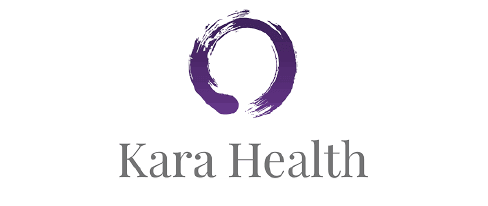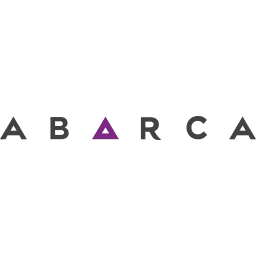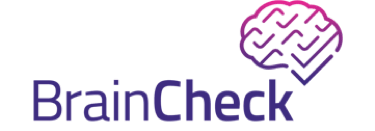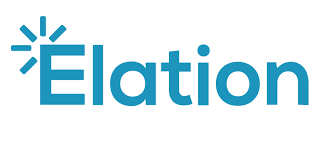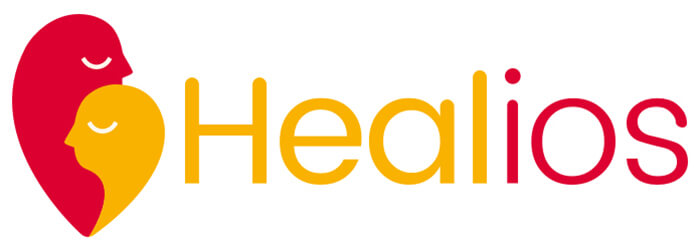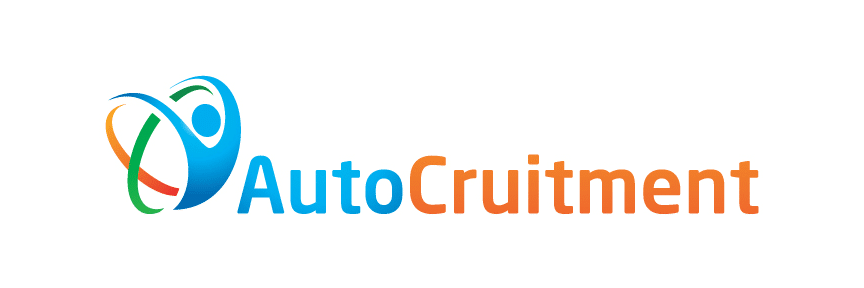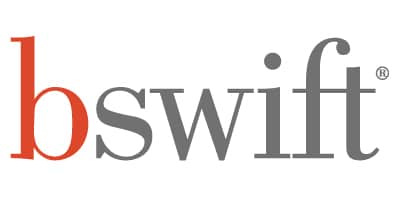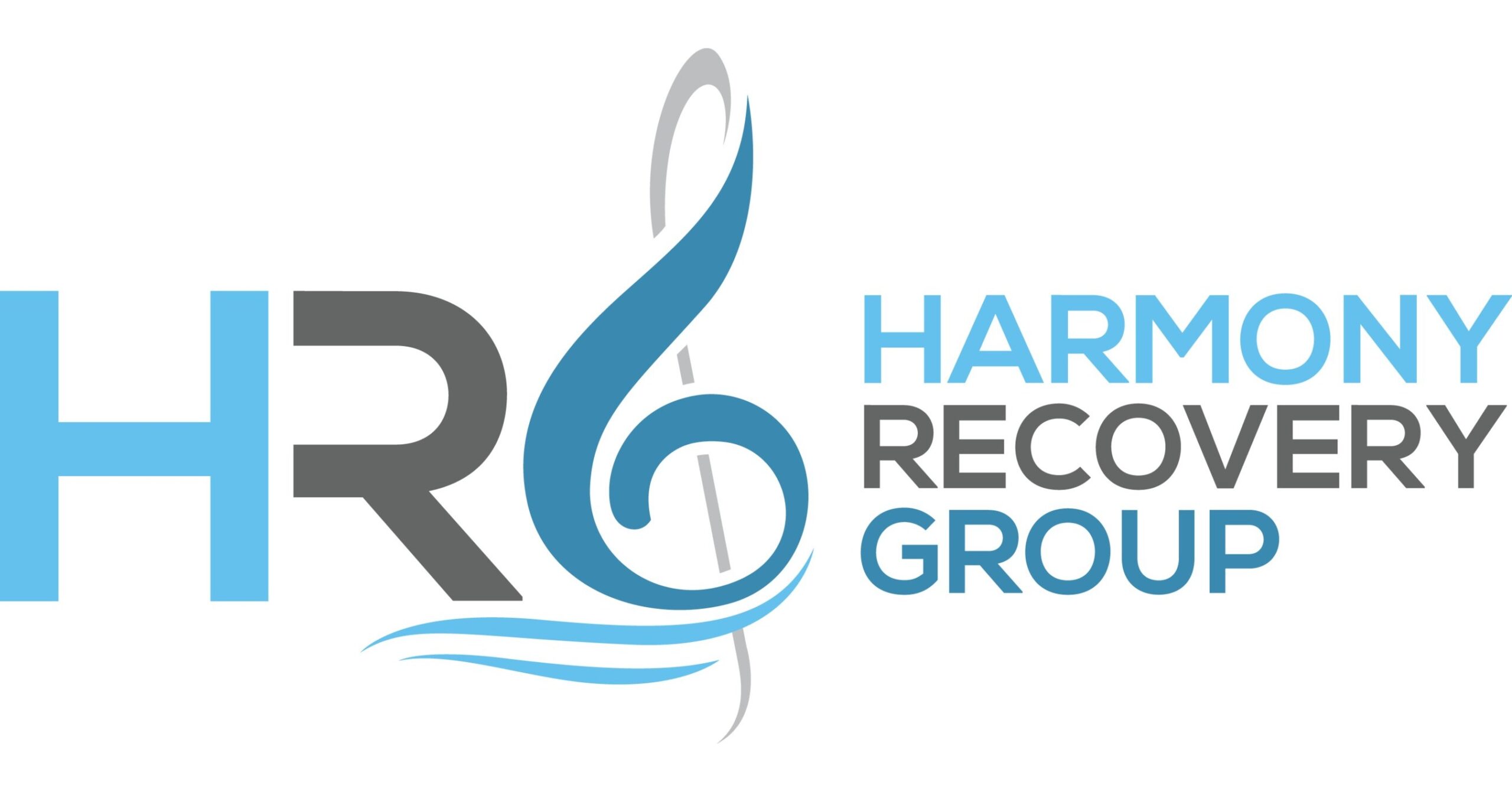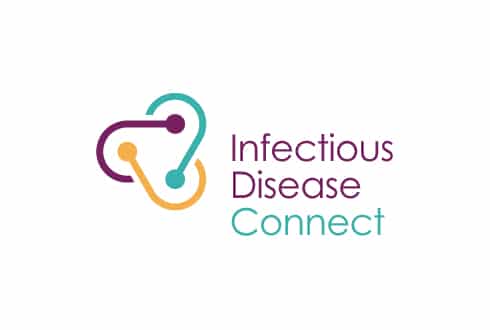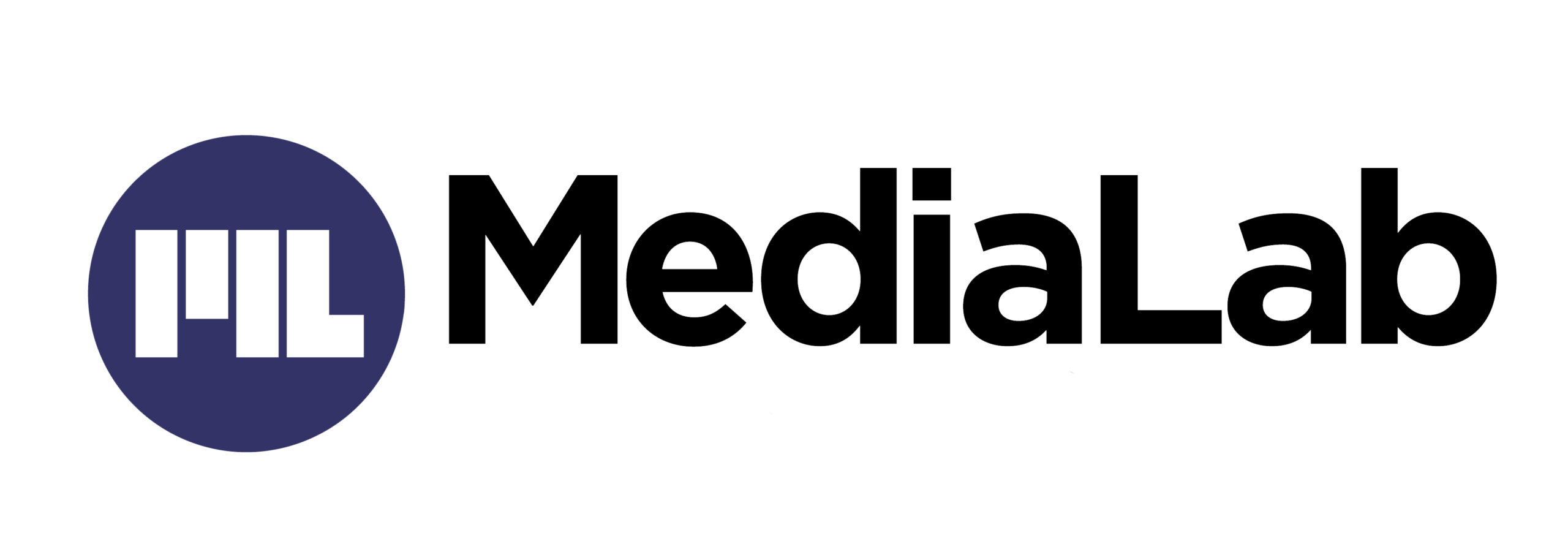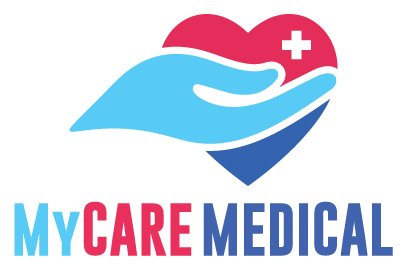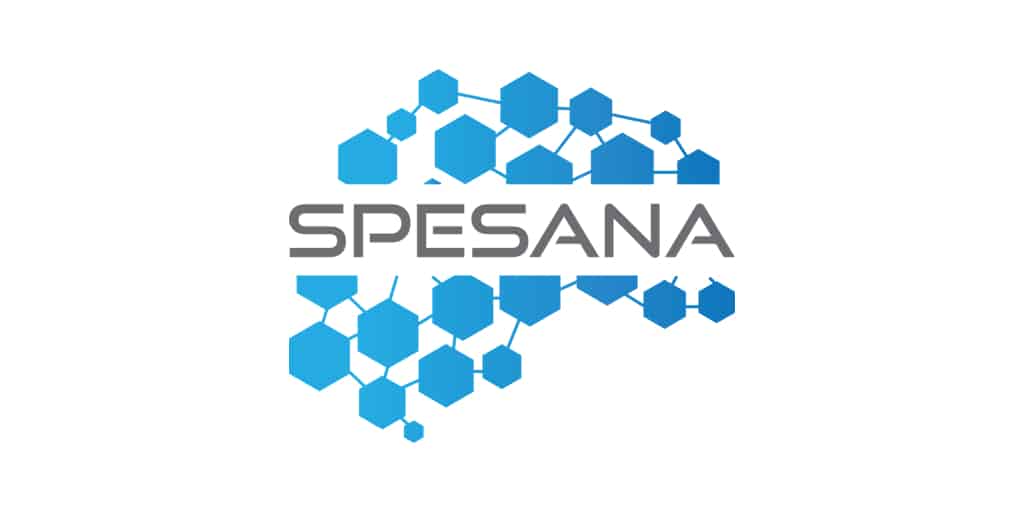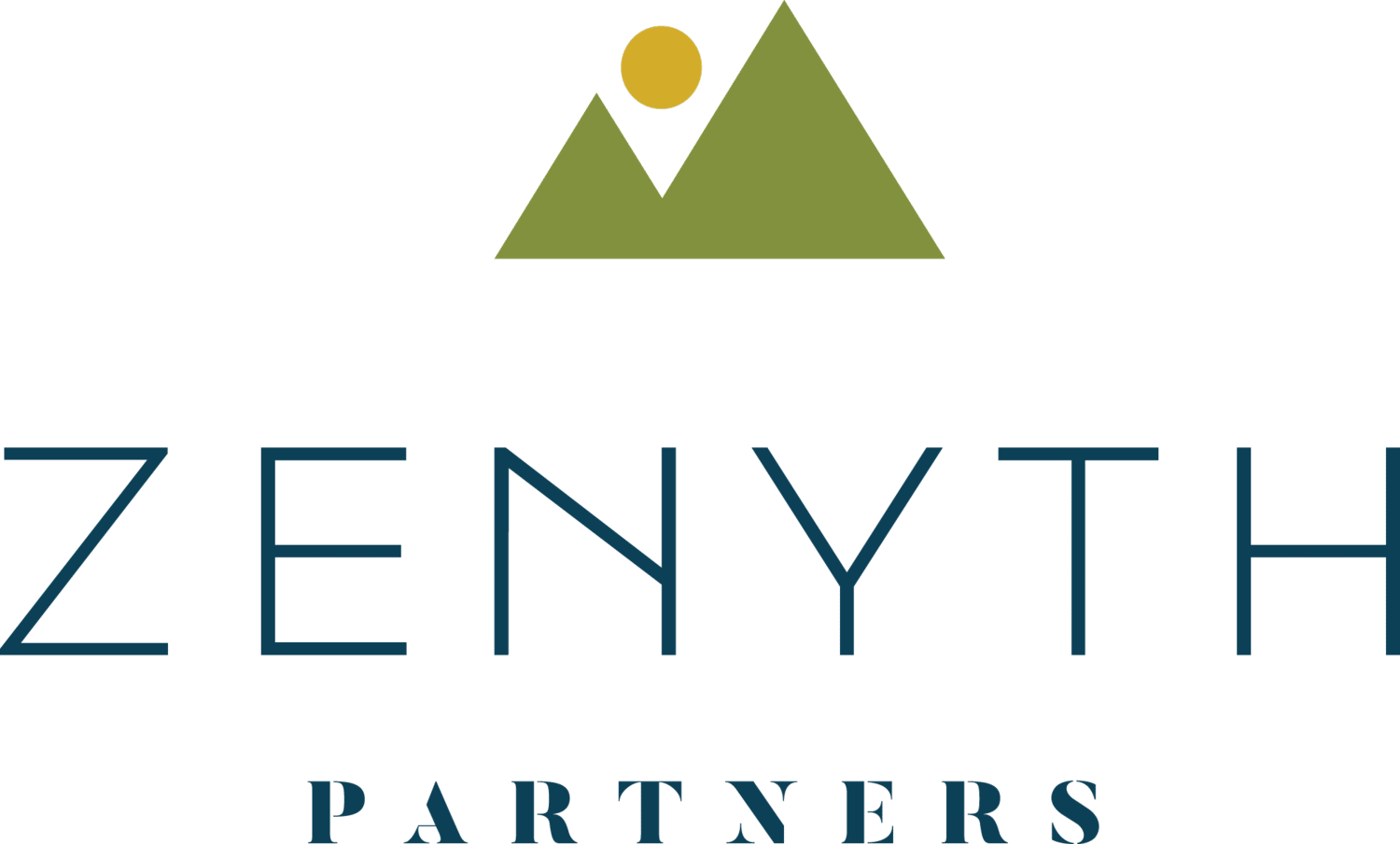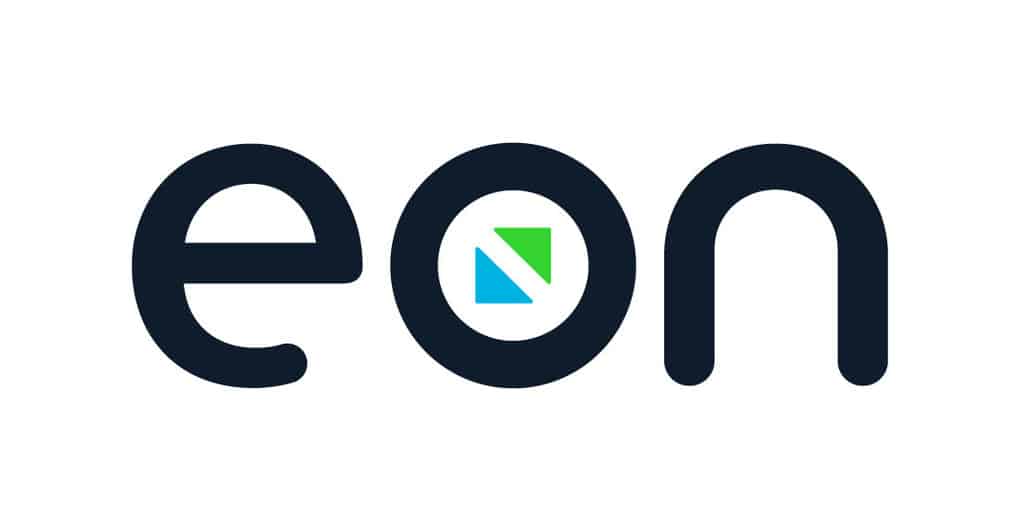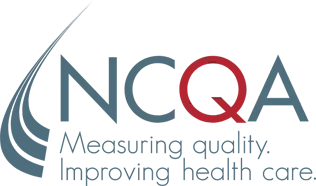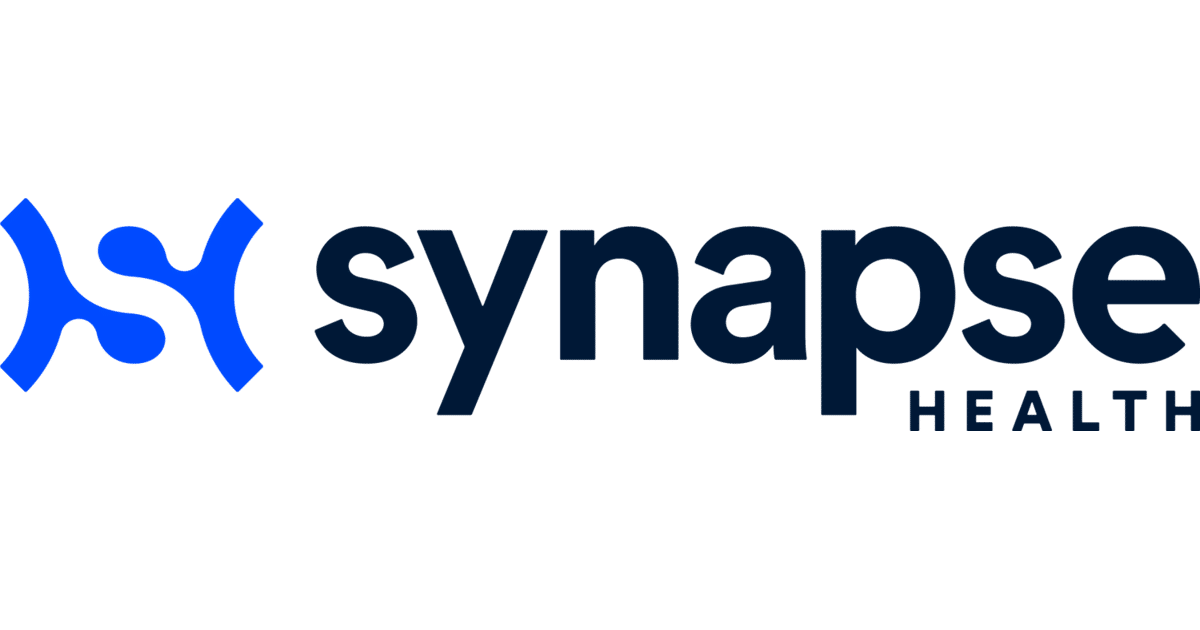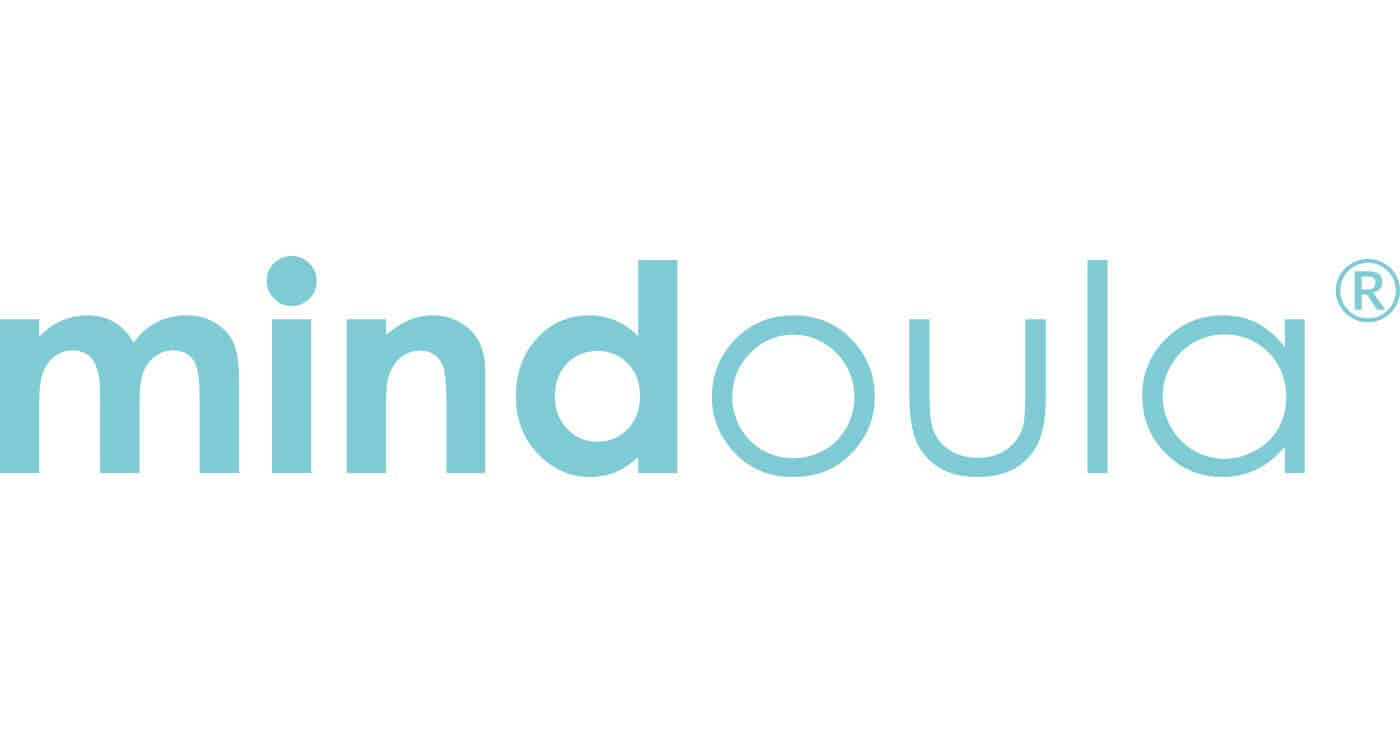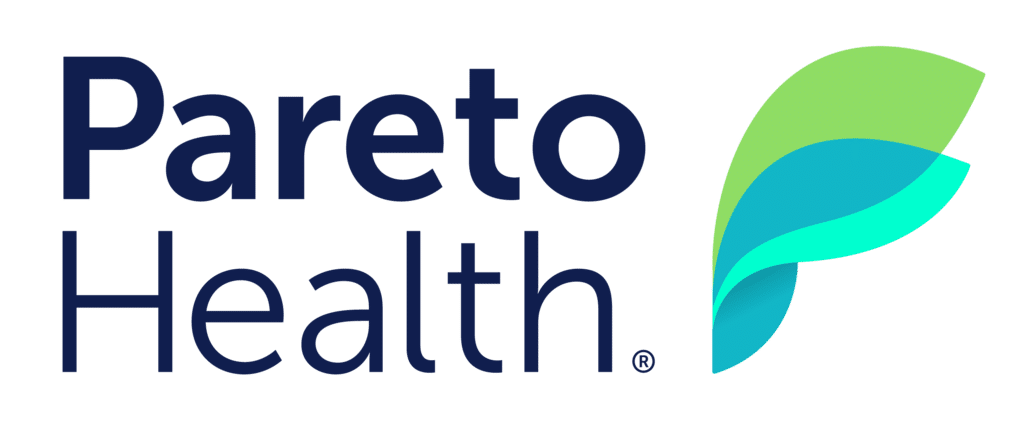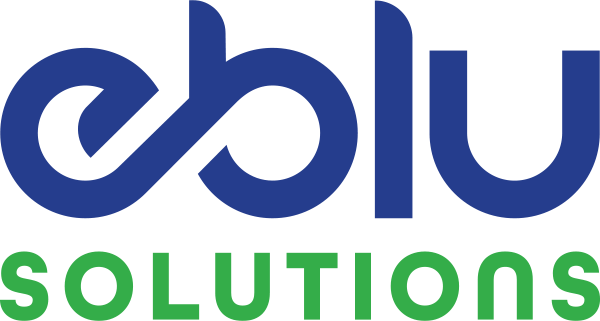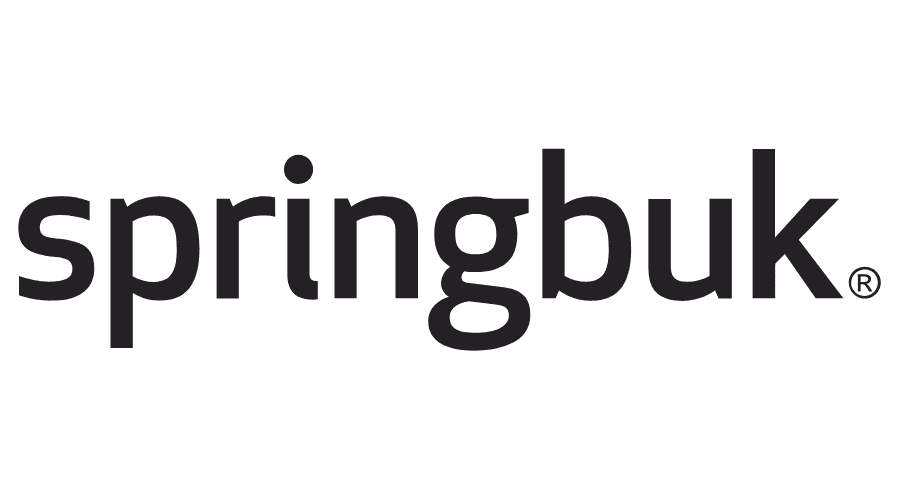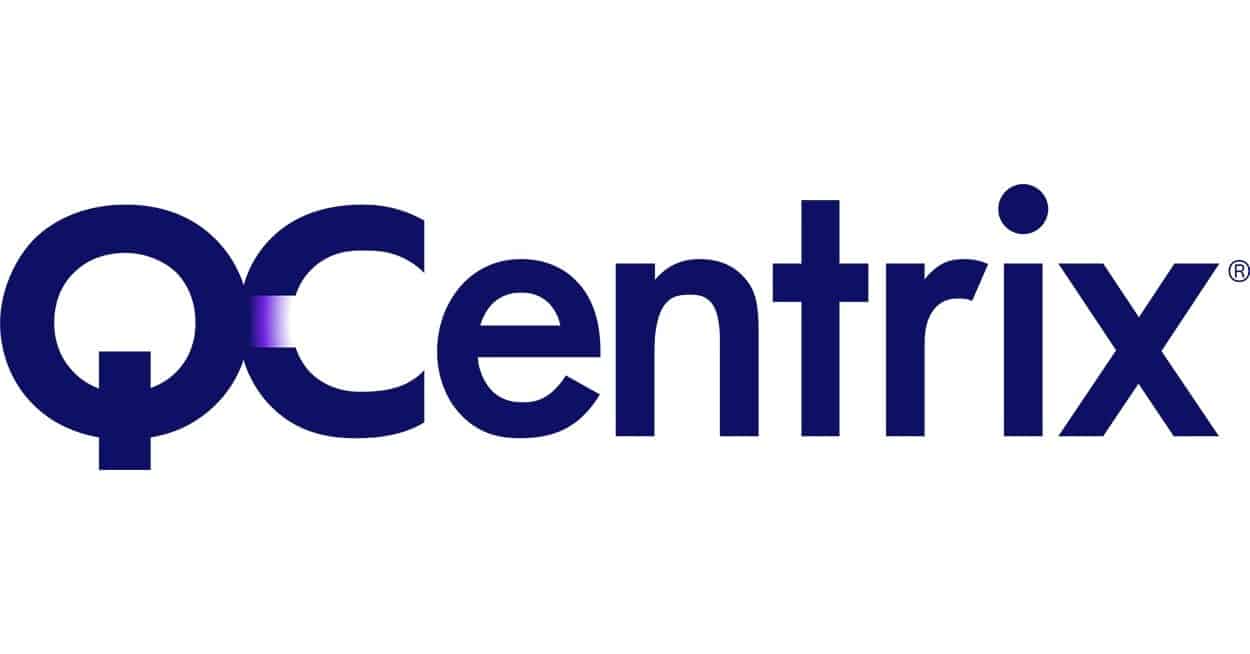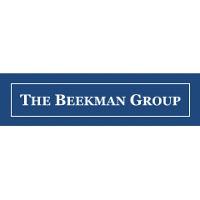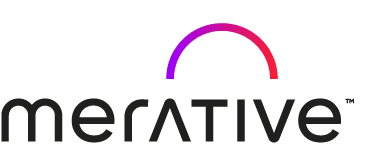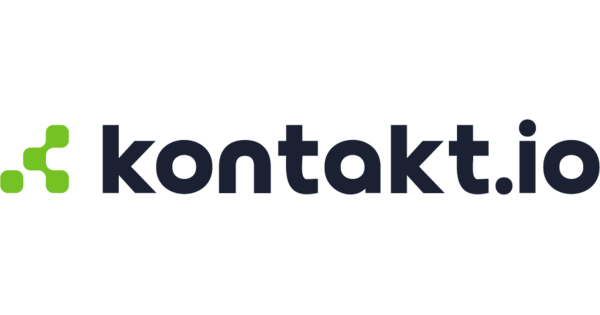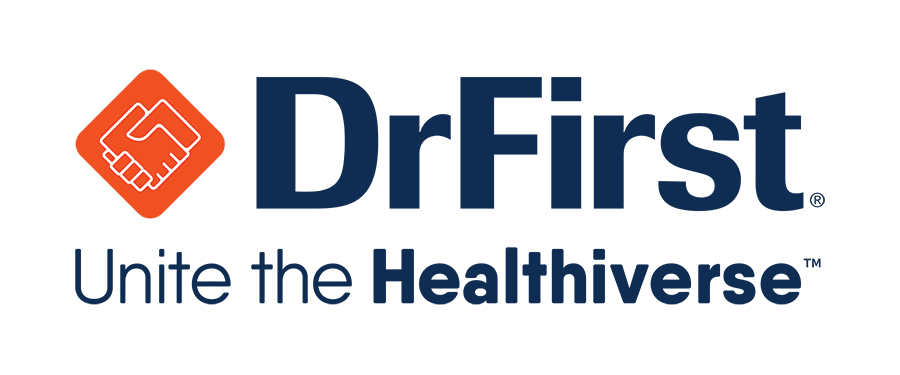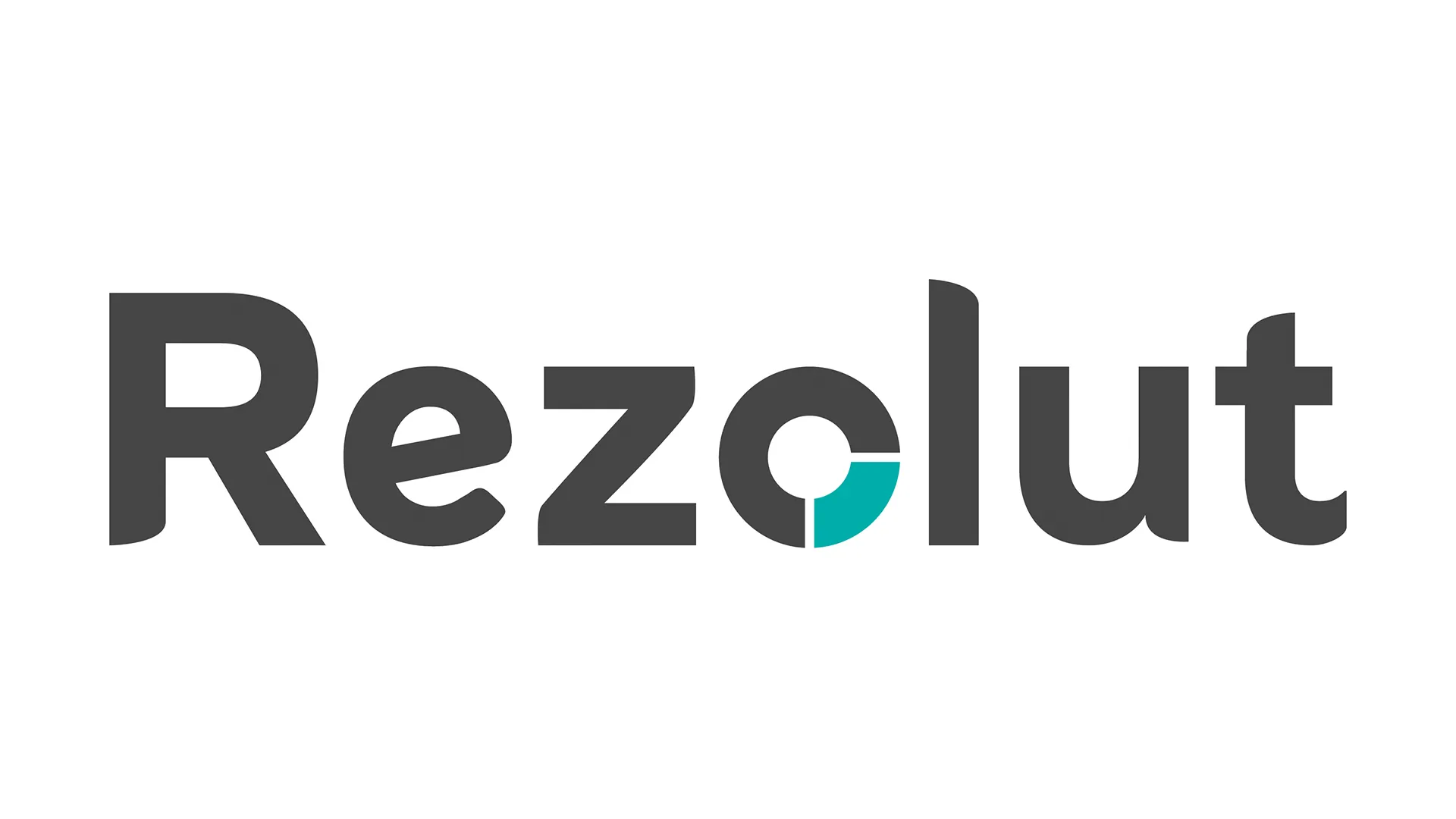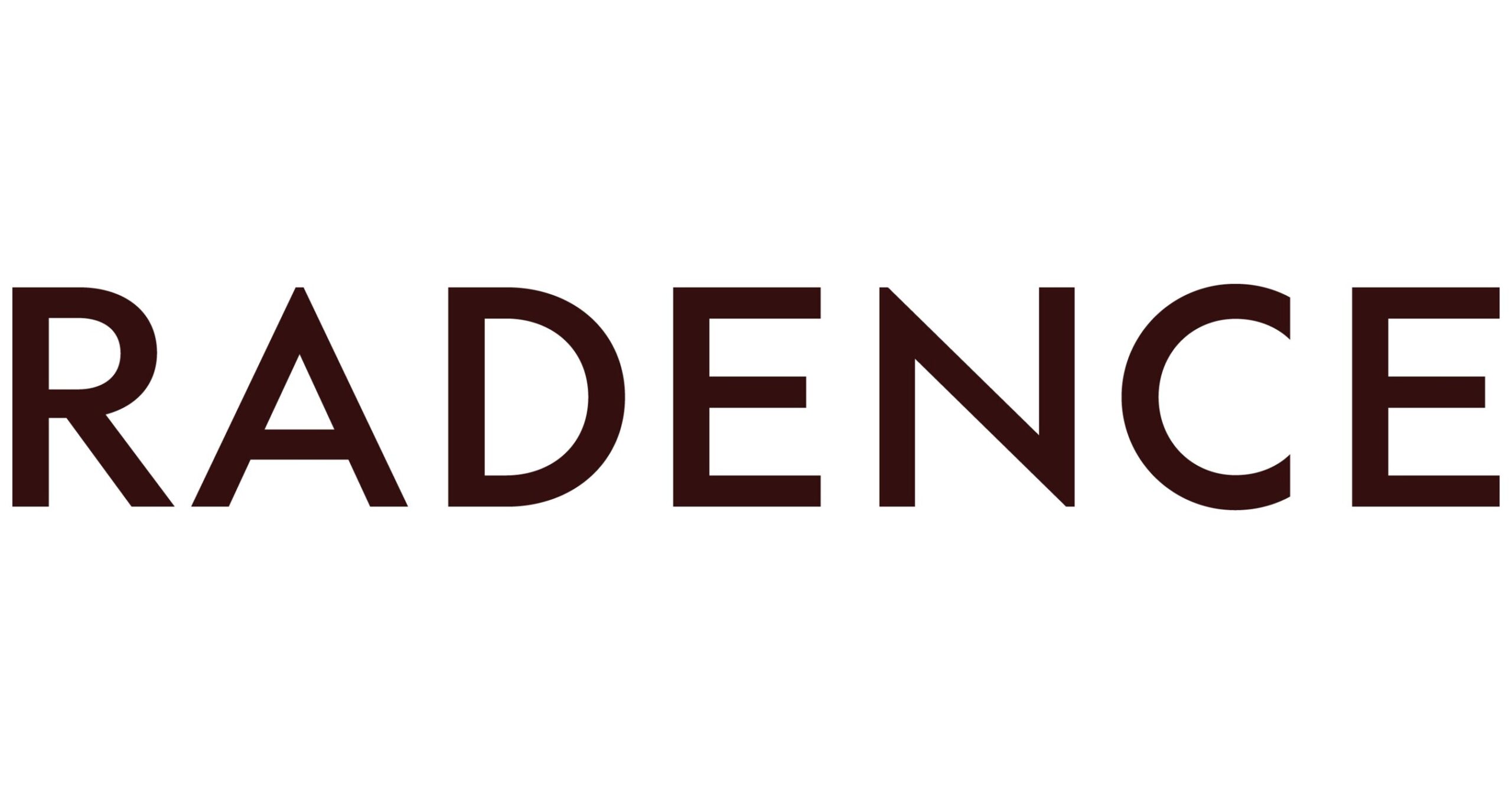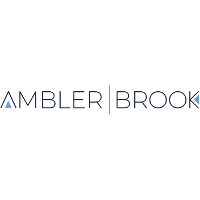Scaling Healthcare Technology Businesses with CROs: Why Timing Matters
In honor of Pride Month, Meredith Damore, Executive Director of ChasmLead, sat down with DEI expert and one of Meredith’s prior professors at Columbia University, Joseph Dillard, PhD, to discuss the importance of inclusive leadership. During their conversation, Joe advises leaders looking to practice inclusive leadership and create psychologically safe places for their teams.
About Joseph Dillard, PhD
Joe Dillard is a social-organizational psychologist and executive coach who fiercely believes that real leadership is servant first. He is an impassioned supporter of and servant to those with the least power and privilege. As Head of Programs & Product at The Leadership Consortium, Joe couldn’t be prouder to serve its audacious mission to change the look and feel of senior leadership through leadership development programming and executive coaching. He has the pleasure of witnessing first-hand the transformation of diverse leaders who need it most throughout the world.
Joe earned a PhD in Social-Organizational Psychology at Columbia University. His research examines bias, stereotyping, and discrimination in the workplace.
Defining Inclusive Leadership
Meredith:
How would you best define inclusive leadership?
Joe:
When we talk about inclusion, we should also talk about inclusive leadership. I think all leaders should be inclusive leaders because inclusion should be part of leadership. For me, I think about a leader who embraces the richness and fullness of who we are as people and finds value in that uniqueness, not because it’s the morally right thing to do, but because it actually contributes to better work. This means valuing different perspectives, different voices and different ideas, but the most important thing is that leaders need to care about how those around us make us feel.
Championing at the Individual Level
Meredith:
How can leaders encourage individuals to be their authentic selves?
Joe:
A question I always like to ask, which I learned from Harvard Business School Professor, Tom DeLong, is, “If you asked the people that you lead if you are the person who they would want to be their leader, would they say yes?”
In order for a person to say yes, that person must feel comfortable displaying the richness and fullness of who they are as a unique individual. As a leader, I have to create the conditions to make that happen, and that can occur at different levels — organizational, team and individual.
For me, the inclusive part of inclusive leadership is done at the individual level, letting them know that they can trust you and that their uniqueness is actually encouraged. In some cases, that individual may not feel safe enough in front of everyone on their team to show up exactly as they are, but knowing that they can count on their leader to be fully on board builds trust. This is why I like Frances Frei’s Inclusion Dial because it’s not just about feeling safe enough or that people feel welcomed to “be who they are.” Rather, if they feel cherished for their differences, then they actually feel like a champion because of who they are. For leaders, that should be the goal — championing our employees for who they are and inviting them to be themselves.
"For leaders, that should be the goal — championing our employees for who they are and inviting them to be themselves."
The Connection Between Psychological Safety and Inclusive Leadership
Meredith:
How would you characterize how psychological safety and inclusive leadership are related?
Joe:
In many ways, psychological safety is a prerequisite to inclusion, as there are some people who feel safer at a certain baseline than others. As a leader, you must question where each person exists in regards to psychological safety. You may have one team member who feels completely safe and showing exactly who they are, but for another team member that’s not the case. There is always work to be done because each person is different, and leaders must work to make their teams feel safe before they can ever achieve true inclusion. Otherwise, you will have team members who just show up and play chameleon — sharing what feels acceptable and appropriate — without ever feeling safe enough to show their true selves.
Creating a Psychologically Safe Environment
Meredith:
What are the best ways that leaders can create an inclusive and psychologically safe environment?
Joe:
We’ve established that psychological safety is a prerequisite for inclusion and getting people comfortable enough to do the work. Second to that is process. How can we have conversations about the level of trust we have in each other and the level of trust we have as a team? What are the activities or conversations that we can structure to have those real conversations? The reality is that sometimes it’s one-to-one, transparent conversations asking:
- What is it about this person that you don’t trust?
- What is the conversation that needs to be had?
- How can we get to a place where that conversation can be had?
At the team level, I believe it’s about team building exercises and giving people the opportunity to show up and have those conversations together. But for this to be truly successful, the leader must model this type of behavior. If I am able to be vulnerable and talk about my fears, even some that may be a shock to people, that demonstrates that I am willing to be authentic and am trustworthy. Because of this, others tend to follow suit. This, plus intentionality, creates a safe space for everyone to interact because it shows that I, as a leader, genuinely care. But, leaders have to put in the work at each level — both interpersonally and at the team level — to create that space.
Lastly, it’s about creating working norms to hold each other accountable. Leaders and teams need to establish the boundaries for how they work together to set everyone up for success, understanding that things may change as you go and that there may be a need for tough conversations if those boundaries aren’t respected. Once again, you have to create a safe place for those conversations to happen, without placing blame.
Encouraging Empathy
Meredith:
How important is empathy, and how do you help leaders become more empathic?
Joe:
Empathy is critically important to leadership — especially for an inclusive leader. I find that it is very challenging for a leader who is not empathetic to be inclusive. In her book, Frances Frei talks about empathy, authenticity and logic. Plenty of leaders are very logical, which tends to be what they lead with, and that’s great but not necessarily sufficient. If empathy is lacking, something has to be done about it. Leaders who struggle with this need to push themselves to be aware of:
- when it’s happening
- how it’s showing up
- the impact it has on the team
- what they can do differently in the future
While I don’t have a one-size-fits-all solution, I do know it’s not enough to be self aware. You may realize that you lack empathy but that doesn’t mean that something will actually be done about it. So, it requires intentionality and taking the time to see things from a different perspective. Sometimes the conversations are tough and an alternate point of view may rub you the wrong way. In that moment, you have the opportunity to end the conversation and do nothing about it, or remain actively engaged and approach their point of view with open mindedness and curiosity to help you understand it better.
To take it a step further, leaders should ask themselves what behaviors signal to their team that they care. Not everyone will engage in meaningful conversations in the same way, so as leaders, it’s important to use your behavior as well as your language to communicate to your team and demonstrate empathy.
"Leaders should ask themselves what behaviors signal to their team that they care. Not everyone will engage in meaningful conversations in the same way, so as leaders, it’s important to use your behavior as well as your language to communicate to your team and demonstrate empathy."
Treat People How They Want to Be Treated
Meredith:
In recognition of Pride Month, what other advice would you share to leaders who are seeking to become more inclusive, specifically regarding LGBTQ team members?
Joe:
First, be aware of your own bias. So many times people have presumptions about what LGBTQ people are like or are going to like. When in reality, we should be asking them what they need and what will be helpful in terms of creating a safe space for them. Additionally, there are going to be similarities and commonalities regarding the LGBTQ experience. Maybe they were bullied in high school and will have adverse reactions to a certain type of co-worker that others may not have. Again, it comes down to creating not only a safe environment at the individual level, but also at the team level, and recognizing that there are similarities but also differences that make each team member unique.
Meredith:
You know, a lot of us were raised with this idea of the Golden Rule to “treat people how you want to be treated,” as opposed to what I’ve learned as the Platinum Rule to “treat people the way they want to be treated.” It’s so much easier to understand inclusive leadership when you accept that it’s not about you.
Joe:
Exactly. Even if you step outside of the LGBTQ experience, we can relate this to the many others who get placed in a “bucket.” For example, you’re in a “woman bucket,” which is not exactly inclusive, right? That mindset is not making space for you to embrace the fullness of your identity. Really, that is where everything intersects. It’s like a continuum, starting from the worst possible outcome to this perfect, seemingly unachievable Utopia. Many people think that they’ll never get there, but the idea isn’t necessarily to achieve perfection when it comes to inclusive leadership, but to keep moving the needle forward towards that goal. Because it is challenging to ask and learn what every single person in your organization needs to feel safe, but it doesn’t hurt to ask for their top two. Of course, this can look different for everyone — even those with shared identities — but, there are going to be a lot of commonalities, too, which is powerful.
As a gay man, and having met many gay men in my life, there are some who are perhaps 20% similar to me, others who are 80%, and some more or some less. Those commonalities are important, but when it comes to inclusive leadership, it’s more than that. Creating safe spaces is about striving for the complexity and the uniqueness of each of us, in addition to the commonalities. I believe this is really important in terms of being inclusive, and motivates people to show up and express their different points of view, knowing that it’s welcomed, cherished and championed in that environment.
About Chasm Partners
Chasm Partners is a retained executive search firm and talent development organization exclusively focused on the healthcare technology, healthcare services and Life Sciences industries. It is our goal to disrupt healthcare by effectively leveraging the right people who can make a difference. In doing so, we strive to impact healthcare for current and future generations through the clients that we serve and candidates we place.
About ChasmLead
ChasmLead utilizes evidence-based and proprietary approaches to help disruptive healthcare companies and their investors up-level leader and team performance to improve cultures and achieve organizational goals. With over 20 years of extensive business and leadership experience and deep expertise in healthcare, ChasmLead’s four key offerings — Executive Coaching, Psychometric Assessments for Individuals and Teams, ChasmDiligence and Organizational Effectiveness Consulting and Advisory Services — play a critical role in leader selection, onboarding and retention. Learn more here.
OUR CONTRIBUTORS
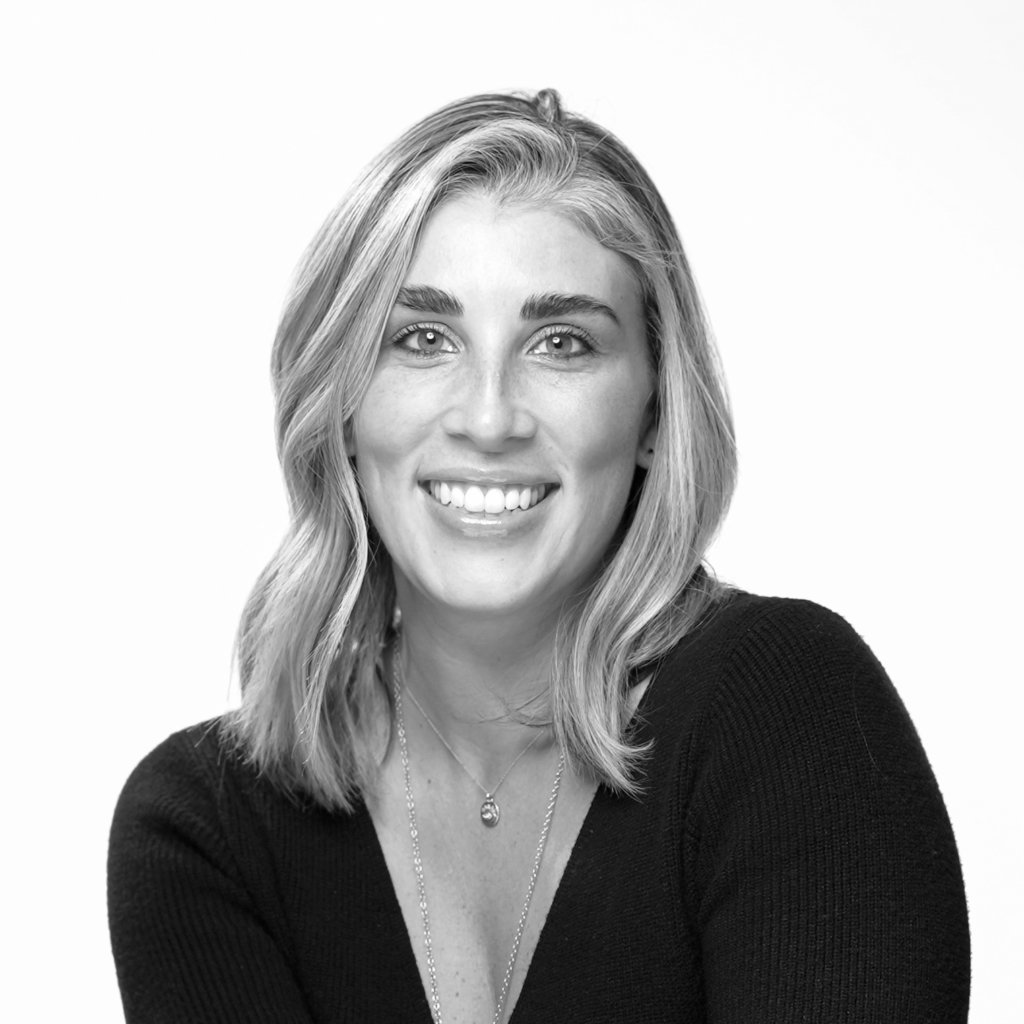
MEREDITH DAMORE
As Executive Director of ChasmLead, Meredith is focused on coaching healthcare executives by leveraging assessments and feedback, helping their teams work more effectively together, and supporting investors (and founders) in understanding leadership opportunities for both current and prospective portfolio companies.
Meredith received her MA in Organizational Psychology and Change Leadership from Columbia University.
JOSEPH DILLARD, PHD
Joe Dillard is a social-organizational psychologist and executive coach who fiercely believes that real leadership is servant-first. As Head of Programs & Product at The Leadership Consortium, Joe is proud to serve its audacious mission to change the look and feel of senior leadership through leadership development programming and executive coaching.
Joe earned a PhD in Social-Organizational Psychology at Columbia University. His research examines bias, stereotyping, and discrimination in the workplace.



